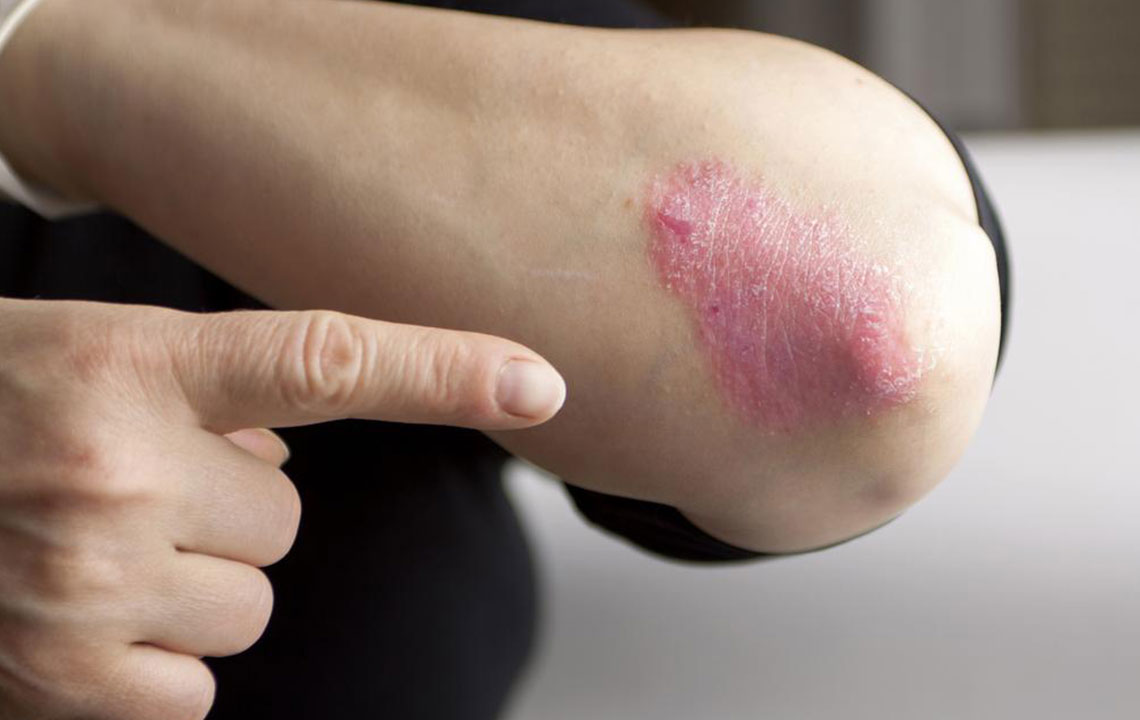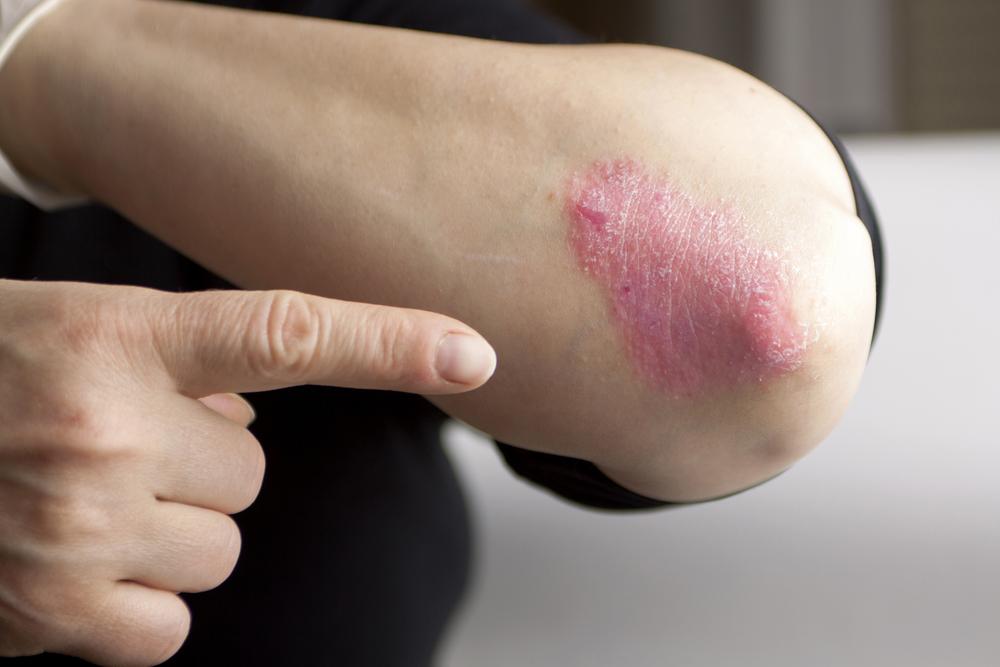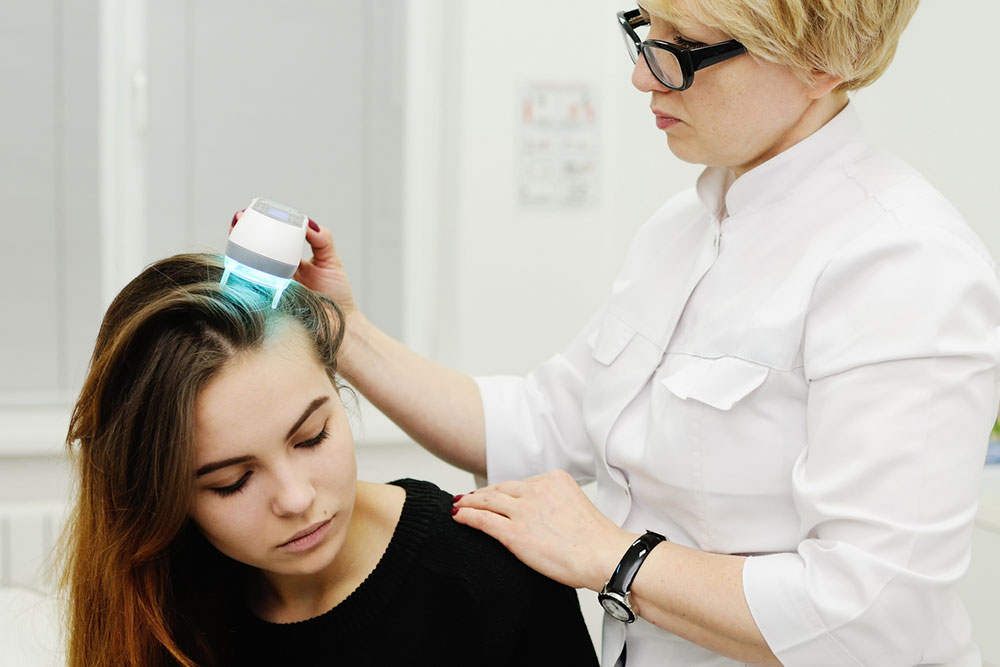Comprehensive Treatment Strategies for Severe Psoriasis Management
Explore comprehensive strategies for managing severe psoriasis effectively. From topical treatments and phototherapy to systemic medicines and lifestyle modifications, learn how to control symptoms, reduce flare-ups, and improve skin health. This detailed guide provides insights into current therapies, new developments, and personalized care options for those battling severe psoriasis, aiming to enhance quality of life through effective management approaches.

In-Depth Approaches to Effectively Managing Severe Psoriasis
Psoriasis is a complex, chronic autoimmune skin condition that affects millions worldwide. Characterized by dry, itchy, and scaly patches on the skin, it can significantly impact a person's quality of life. The disease results from an accelerated process of skin cell production, leading to the buildup of dead cells that form visible plaques. Although a permanent cure for psoriasis remains elusive, advances in medical science have provided a variety of effective treatment options that can help control symptoms, reduce flare-ups, and improve skin appearance.
Understanding Psoriasis and Its Impact
Psoriasis is more than just a skin condition; it is an autoimmune disorder involving the immune system mistakenly attacking healthy skin cells. This immune response accelerates skin cell turnover, leading to the rapid buildup of skin layers. Psoriasis symptoms can vary from mild patches to severe, widespread plaques that cause discomfort, pain, and emotional distress. Healthcare professionals often classify psoriasis based on severity: mild, moderate, or severe. Managing severe psoriasis requires a comprehensive approach, combining medications, therapies, lifestyle modifications, and regular monitoring.
Topical Treatments for Psoriasis
Topical therapies form the first line of treatment for localized psoriasis patches. They aim to reduce inflammation, slow skin cell proliferation, and alleviate discomfort.
Low-Dose Corticosteroids: These powerful anti-inflammatory agents are used to soothe irritated skin, reduce redness, and decrease swelling. They are particularly effective in sensitive areas such as the face, groin, or skin folds. However, prolonged use must be carefully monitored to prevent skin thinning or other side effects.
Vitamin D Analogs: Medications like Calcipotriene mimic the effects of vitamin D and help regulate skin cell growth. Suitable for mild to moderate cases, these agents can be used alone or combined with other therapies to enhance efficacy.
Additional topical options include:
Moisturizers: Regular application of emollients like petroleum jelly, mineral oil, or specialized skin creams can keep the skin hydrated, reduce scaling, and lessen itching. Moisturizers are essential adjuncts in psoriasis management to maintain skin barrier integrity.
Anthralin: Derived from natural sources, anthralin promotes slow and steady skin renewal. It can help remove scales and improve plaque appearance but requires cautious use due to potential skin irritation and staining.
Salicylic Acid: This keratolytic agent softens and sheds dead skin layers, reducing plaque thickness. Often incorporated into medicated shampoos or scalp solutions, salicylic acid is particularly beneficial in scalp psoriasis.
Coal Tar: A traditional remedy, coal tar reduces inflammation, scaling, and itching. Available as creams, shampoos, or oils, it has a distinctive odor and can stain fabrics or skin, but remains effective in many cases.
Topical Retinoids: Derived from vitamin A, retinoids help normalize skin cell growth and decrease inflammation. When using topical retinoids, sun protection is necessary to prevent photosensitivity.
Phototherapy Options for Psoriasis
Controlled exposure to ultraviolet light is an effective treatment modality, especially for moderate to severe psoriasis.
Natural Sunlight: Moderate, controlled sunlight exposure can slow down the excessive skin cell production. However, overexposure can cause burns and increase skin cancer risk, so it should be undertaken carefully under medical supervision.
UVB Therapy: Involves using specialized lamps to deliver ultraviolet B light directly to affected skin areas. UVB therapy is highly effective for localized plaques and is available in broadband and narrow-band formats, with narrow-band UVB being more targeted and with fewer side effects.
Goeckerman Therapy: Combines UVB light with topical coal tar application. This synergy enhances therapeutic outcomes, particularly in stubborn cases, but requires medical supervision due to potential skin sensitivities.
PUVA Therapy: Uses psoralen—a medication that makes skin more responsive to UVA light—followed by UVA exposure. PUVA is effective for resistant patches but is typically reserved for severe cases due to higher risks, including skin aging and cancer.
Systemic Medications for Severe Psoriasis
When topical treatments and phototherapy are insufficient, systemic medications may be prescribed. These drugs affect the entire immune system to control the overactive immune response.
Methotrexate: An immunosuppressant that inhibits abnormal cell proliferation and reduces inflammation. It requires regular monitoring for side effects, including liver toxicity and blood count suppression.
Cyclosporine: Another immunosuppressant that provides rapid symptom relief. However, due to potential kidney and blood pressure effects, it is typically used for short durations or in severe outbreaks.
Biologic Drugs: Targeted therapies that specifically inhibit parts of the immune response involved in psoriasis. Common biologics include Etanercept, Infliximab, Adalimumab, Ustekinumab, and Golimumab. Additionally, newer agents such as Apremilast, Secukinumab, and Ixekizumab have shown promising results, especially in treatment-resistant cases. These medications are often administered via injection and require careful medical supervision due to potential side effects and immune system impacts.
In addition to these treatments, lifestyle adjustments such as stress management, avoiding triggers, maintaining a healthy diet, and regular moisturizing can significantly improve quality of life. Consulting with a dermatologist for personalized treatment plans is essential in achieving optimal control over severe psoriasis.
In conclusion, although there is no cure for psoriasis, a combination of topical therapies, phototherapy, systemic medications, and lifestyle changes can profoundly manage symptoms and help patients lead healthier, more comfortable lives. Continuous research and medical advancements promise further improvements in the management of this chronic autoimmune disease.





